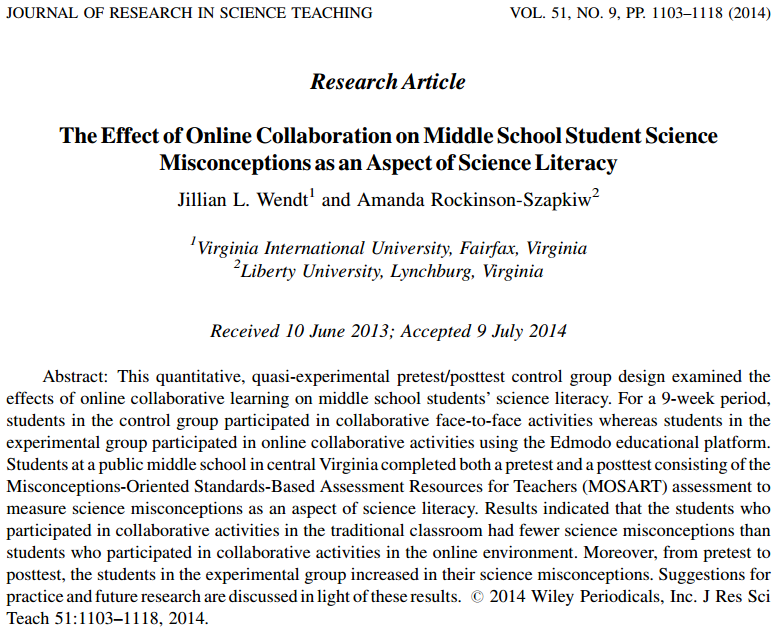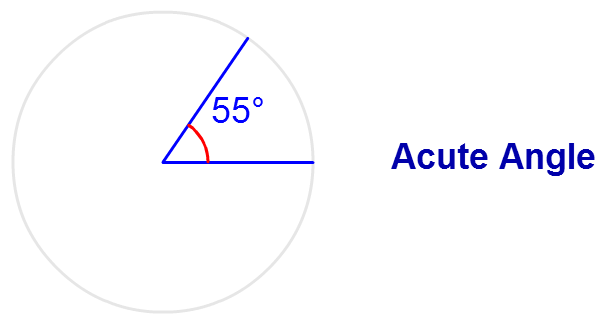Do Any Of These Performance Management Systems Really Help?

Various performance management systems are sprouting all over the world that it now seems that such practices have already been proven to be effective. In the Philippines, there is the the Results-based Performance Management System, which the Alliance of Concerned Teachers (ACT) completely opposes: The following is a statement from the secretary general of ACT, France Castro: "Quality of education in the country is not solely dependent upon the teachers. It is more dependent upon the learning environment, learning materials and facilities. According to the recently implemented RPMS, it is designed to squeeze us to do more beyond our limits by obliging us to have an output of 130%. Where in the world can you see a system wherein an employee is asked to have an output that is beyond 100%? This is something very inhumane and is in violation of our rights to be treated accordingly and rightfully. As a matter of fact, the present system already requires us too much. We are doin...







